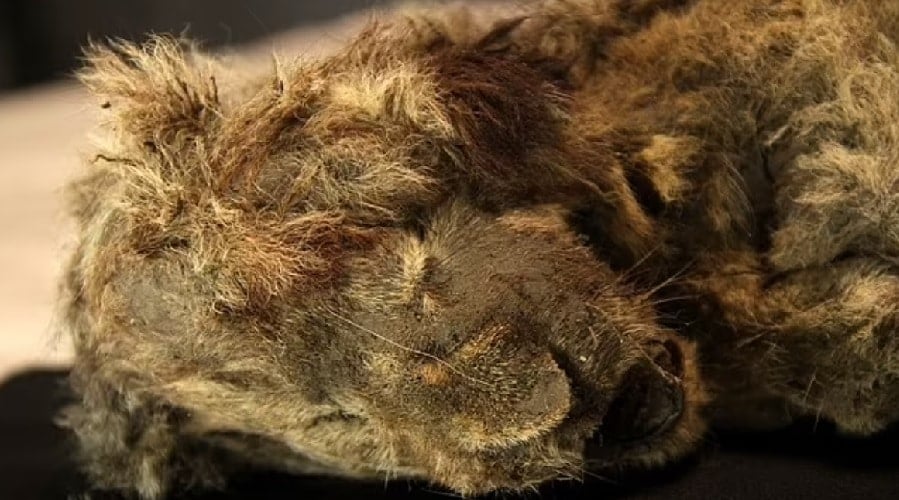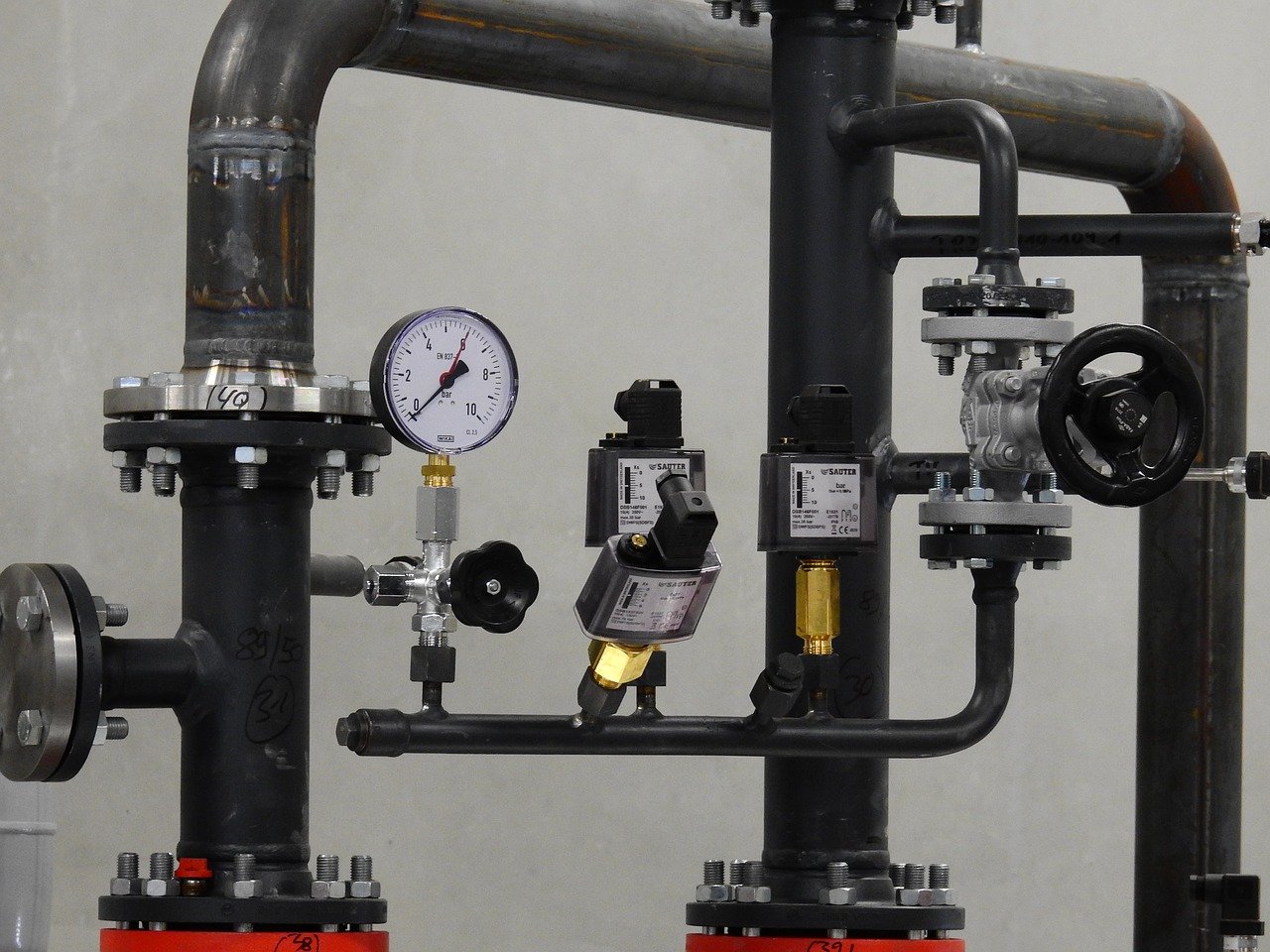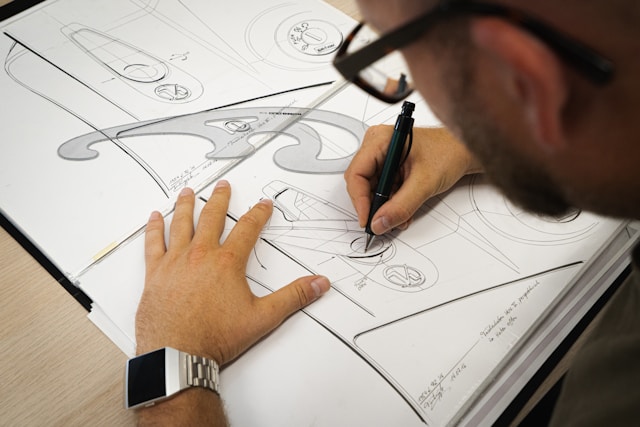For providing fresh food to astronauts in space, scientists are conducting many plant experiments. Astronauts can’t live off freeze-dried food for extended space journeys. So, scientists are working on everything from cultivated meat to growing vegetables.
Recently Chinese astronauts have successfully cultivated rice plants onboard the Tiangong space station.
Although many rice experiments have been conducted in space, this attempt involved the production of the entire plant life cycle.
With this experiment, scientists want to study the impact of the space environment on plant development
Moreover, they also want to find out ways to create superior crop varieties in space. In December 2022, the plant samples will be brought to Earth for evaluation and comparison with plants that were bred at the same time on the ground.
Researchers began this experiment on July 29. Since then the seedlings of the high straw rice variety seedlings have reached a length of 30 cm (12 inches). However, the seedlings of Xiao Wei (the dwarf rice variety), have grown to about 5 cm (2 inches).
In this experiment, along with the rice plant, researchers also experimented with the seedlings of Arabidopsis thaliana. Arabidopsis thaliana is a small flowering plant of the mustard family.
Zheng Huiqiong, the researcher at the Center for Excellence in Molecular Plant Sciences, said, “The rice seedlings are growing very well,”
She added, “We want to investigate how microgravity can affect the plant flowering time on the molecular level and whether it is possible to use the microgravity environment to control the related process,”







